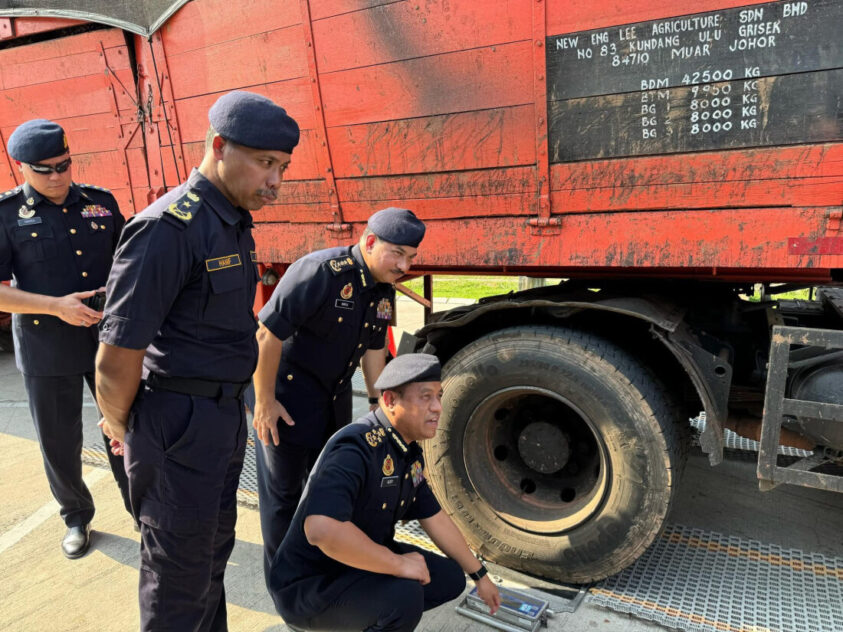IMAGINE a tour company operating a fleet of 75 tour buses, vans and cars from a factory area. Its headquarters also houses a large workshop with in-house mechanics, fitters and cleaners.
Are there such tour vehicle operations existing in our country or to be expected in the future?
Those observant may notice that buses are mostly parked by the roadside or wherever drivers can find suitable spots.
If not outstation, buses are supposed to be parked at the bases stated in the vehicle permit. But they are usually the addresses of operators’ offices, not actual bases.
As such, I have often described that bus operations in the country are run more like by roadside operators without the facility to house and clean vehicles, and more importantly, for routine maintenance and prompt repairs, which are essential to avoid breakdowns and road accidents.
From 1976 to 1992, I was the maintenance manager and later the fleet operations manager of a tour company that operated 75 tour buses, vans and cars, initially from a garage at Jalan Ipoh (renamed Jalan Sultan Azlan Shah) in Kuala Lumpur, before moving to nearby Segambut.
That was almost half a century ago, and there had been little or no progress for bus operations in the country, other than a few large companies operating stage and express buses.
The rest are more like roadside operators without a base to house, clean and maintain their buses.
Hence, it was no surprise that the Road Transport Department (JPJ) has found that 64% of commercial vehicle operators audited during the nationwide Special Operation on Safety Audit System Guidelines (Ops Khas JISA) failed to meet mandatory safety standards.

JPJ director-general Datuk Aedy Fadly Ramli stated that out of 133 companies inspected, 85 were non-compliant, while only 48 passed.
The non-compliant companies constituted 64%, and comprised 43 lorry operators and 42 tour and express bus operators.
Why are commercial vehicle operations in our country in such a poor state? This is because the government adopted a policy from the 1970s that included granting many permits to small Bumiputera companies to participate in the business of transporting goods and passengers.
As part of the restructuring, the Road Transport Licensing Board (RTLB) was set up to take over the issuance of commercial vehicle permits from the Registrar and Inspector of Motor Vehicles (RIMV). RTLB was renamed Commercial Vehicle Licensing Board (CVLB) in 1987.
Later, CVLB’s role in peninsular Malaysia was taken over by the Land Public Transport Commission (SPAD) in 2011, which was reduced to Land Public Transport Agency (APAD) in 2018.
Since 2011, greater emphasis has been placed on the efficiency of public land transport.
But the industry remains fragmented with a large number of small companies, as can be easily seen in express bus operations.
These small players lack the resources and passion needed to provide high standards of service that are very safe, efficient and convenient to passengers. ‒ July 1, 2025
YS Chan is master trainer for Mesra Malaysia and Travel and Tours Enhancement Course and an Asean Tourism Master Trainer. He is also a tourism and transport business consultant.
The views expressed are solely of the author and do not necessarily reflect those of Focus Malaysia.
Main image: NST








